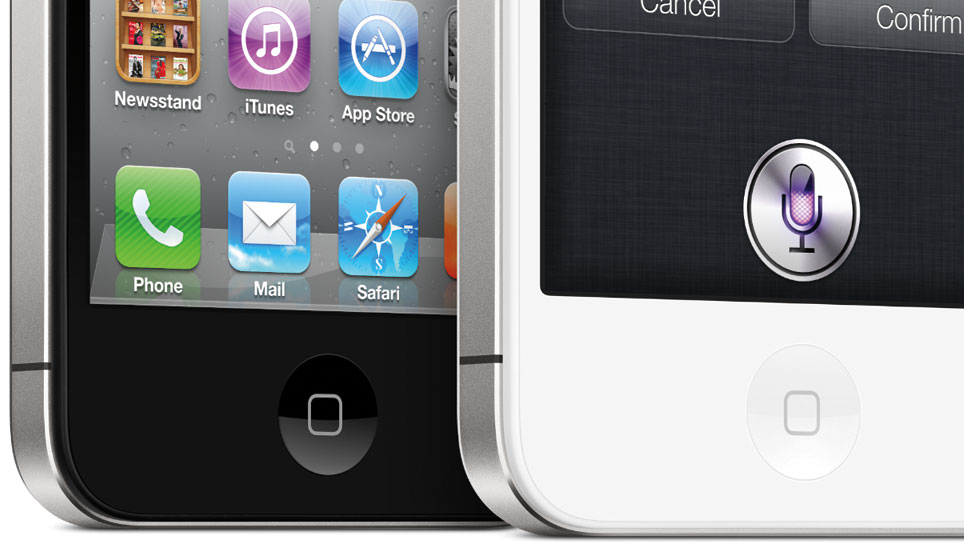Apple refused to negotiate 3G licenses, according to Samsung
Apple and Samsung take their dispute down under

There are more patent issues brewing in the ongoing case between Samsung and Apple, as accusations fly that Apple refused to enter into a licensing agreement for its 3G tech.
For those keeping score, the accusation comes out of the Australian case between the two technology giants.
In July 2011, Apple filed for patent infringement due to touch screen technology used in the Samsung Galaxy Tab 10.1.
In response, Samsung filed a countersuit claiming that Apple's iPhone 4, 4S and iPad 2 were in violation of three of its 3G technology patents.
Samsung getting its days in court
The latter case is finally getting its day in court, as hearings began by discussing two of the 3G data transmission patents.
In Samsung's remarks, the company's attorney Neil Young expressed that Samsung attempted to enter into fair negotiations for the infringed patents, but Apple wouldn't play nice.
"Our position is Apple has refused to engage in negotiations," Young said.
Sign up for breaking news, reviews, opinion, top tech deals, and more.
The hearings are scheduled to continue through the end of the week, with hearings for the third 3G patent taking place in October.
The Australian suit is one of many cases taking place worldwide as the technology titans clash.
Samsung recently won a bittersweet victory in a case against Apple determining that the Galaxy Tab line is not an iPad copycat on the grounds that "they are not as cool" as Apple's tablet.
As a result, Apple now must advertise a retraction online and in newspapers saying that the Galaxy Tab did not copy the iPad.
Apple is garnering more favor in the U.S., where a California court determined to place a ban on Galaxy Nexus smartphones and the Galaxy Tab 10.1 tablet. The court then refused Samsung's request to postpone the decision and appeal the ban.
The long-running legal proceedings are far from over though, as Apple still alleges Samsung is in violation of eight patents across 17 of its devices, with those hearings still to come.